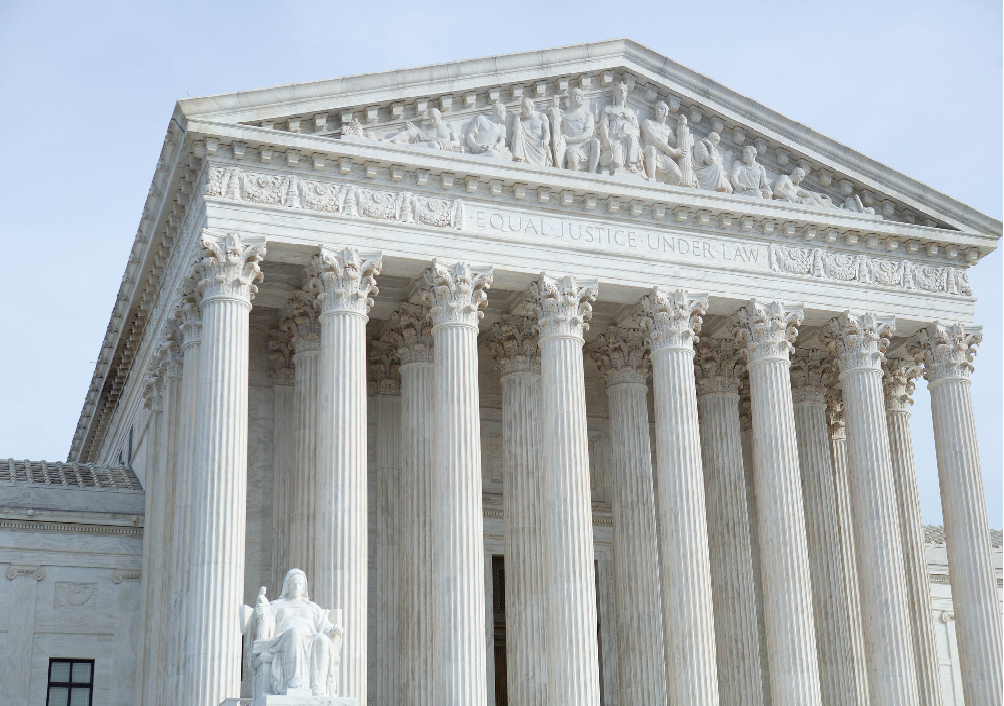U.S. Supreme Court spurns limits on life sentences for juveniles

By LE Desk
Washington, April 22: The U.S. Supreme Court on Thursday made it easier for states to impose sentences of life in prison without parole on juvenile offenders, ruling against a Mississippi man convicted of killing his grandfather at age 15 in a case testing the Constitution’s Eighth Amendment ban on cruel and unusual punishment.
The justices in a 6-3 ruling rejected arguments by the inmate, Brett Jones, that his sentence of life in prison with no chance of parole violated the Eighth Amendment because the judge in his trial had not made a separate finding that he was permanently incorrigible. The court’s six conservative justices were in the majority, with the three liberal members dissenting, Reuters reported.
Jones, now 31, was convicted of fatally stabbing his grandfather in 2004 in a dispute involving the boy’s girlfriend.
The ruling, authored by Justice Brett Kavanaugh, marked the end of the court’s recent run of decisions that put limits on life sentences without parole for juvenile offenders. The court has moved rightward with a 6-3 conservative majority after the addition since 2017 of three justices appointed by former President Donald Trump, Reuters said.
The ruling will lead to “uneven and arbitrary imposition of life without parole on children, based more on geography and the race of the defendant than their culpability and capacity for change,” the Campaign for the Fair Sentencing of Youth advocacy group, which supported Jones, said in a statement.
Juvenile life sentences without the possibility of parole have come under heavy scrutiny in recent years as part of a larger debate over criminal justice and sentencing reform in the United States. Of the 50 states, 25 have banned such sentences, with Maryland becoming the latest to do so earlier this month, according to Reuters.
Kavanaugh said in the ruling it was the responsibility of states – not courts – to “make those broad moral and policy judgments” about juvenile sentencing reform.
“Jones’s argument that the sentencer must make a finding of permanent incorrigibility is inconsistent with the court’s precedents,” Kavanaugh added.
https://www.reuters.com/world/us/us-supreme-court-rejects-new-curbs-juvenile-sentences-2021-04-22/
Sign up for our weekly newsletter to stay up to date on our product, events featured blog, special offer and all of the exciting things that take place here at Legitquest.




Add a Comment